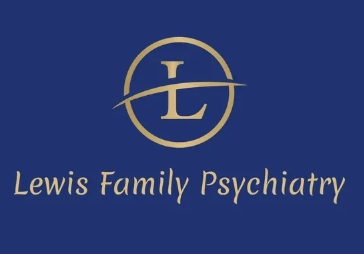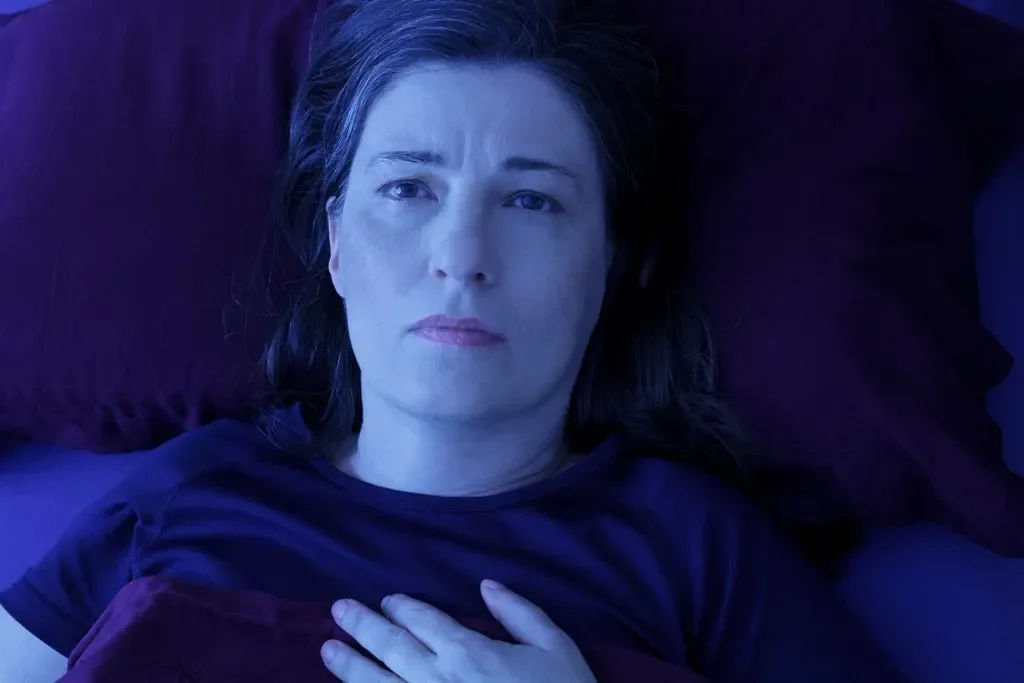How Insomnia Negatively Impacts Your Health
Insomnia is a common complaint but that doesn't make it any less miserable when you're struggling to fall asleep at night. Not only that, prolonged lack of sleep can have serious negative consequences on your physical and mental health.
We all experience sleep problems every now and then, but for some people, insomnia can be a long-term problem that negatively affects their physical and mental health. Fortunately, getting the right treatment can lead to more zzz's and improved well-being.
From our base in Wellington, Florida, our highly skilled team of qualified psychiatric nurse practitioners at Lewis Family Psychiatry provides high quality, personalized and convenient telemedicine care for children, teens, young adults and adults throughout the state. We take a whole-person approach and treat a wide variety of mental, emotional, and behavioral health issues ranging from insomnia and attention-deficit hyperactivity disorder (ADHD) to anxiety, depression, mood disorders, and more.
Insomnia
Adults typically need anywhere from seven to nine hours of sleep a night. However, if you're not getting that much you're not alone. Insomnia is a common problem with almost 15 percent of adults in the United States reporting problems falling asleep and almost 18 percent having trouble staying asleep.
Causes include a wide range of possibilities. Poor sleep habits like having an inconsistent schedule, napping or too much screen time before bed can contribute to problems as can eating or being too active late in the evening. Stimulants like caffeine and nicotine can contribute as can alcohol, which prevents deeper stages of sleep.
Certain medical conditions, sleep disorders, and some medications can interfere with sleep as well. Stress and mental health disorders can also cause insomnia.
Health impacts
Besides the obvious result of feeling sleepy during the day, insomnia can have significant impacts on your life and health.
Daily life
Without enough shut-eye, your memory and judgment may be impaired and you may experience issues in your performance at work or school.
Physical health
Your physical health can suffer in a variety of ways, such as increasing your risk for high blood pressure, heart disease, and stroke. In addition, you may experience:
Inflammation
Weight gain
Heightened sensitivity to pain
Weakened immune system
Lack of sleep can also contribute to asthma, seizures, and issues with your sex drive.
Mental health
Insomnia and mental health can be intertwined. Insomnia can be a symptom of a mental health condition while not getting enough sleep can also make the symptoms of a mental health disorder worse.
Insomnia can lead to grogginess, poor concentration, depression, irritability, and mood swings. It can also elevate the risk of anxiety and depression.
Treatment
It's important for anyone suffering from insomnia to get help in order to prevent physical and mental health issues from developing. Getting to the root cause of your sleep problem is key as is learning the importance of—and practicing—good sleep hygiene.
Whether you're seeking a reason for your insomnia or assistance with mental conditions that may or may not be related, our experts at Lewis Family Psychiatry provide individualized, compassionate care. Call us at 561-303-0433 today to make an appointment.


